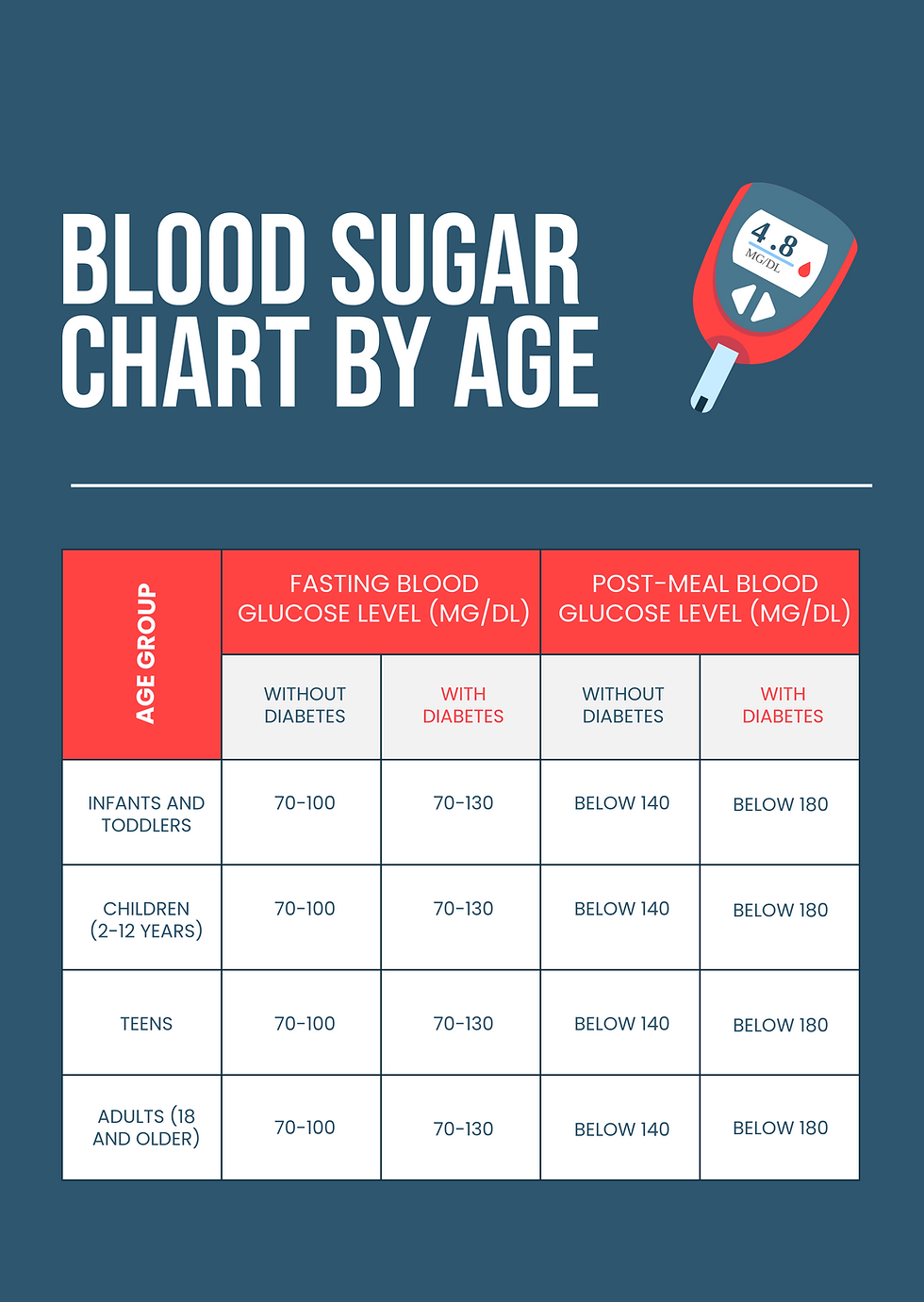Probiotics and Prebiotics - What’s the Difference and Do Kids Need Them?
- Denise Scott
- Oct 11, 2023
- 3 min read
What are probiotics and prebiotics; are they different?
Do we need to take them as supplements, or can we get them in our diet?
Are they beneficial for children?
Should they be taken all the time or only sometimes?
The answers to these questions and more are addressed in today’s blog.
Let’s start with definitions.
Probiotics: a food or supplement containing live microorganisms that improve the “good” bacteria in the gut, the microbiota.
Prebiotics: food (usually high fiber) that feeds the gut microbiota to increase the amount of the “good” bacteria.
Synbiotics: foods containing prebiotics and probiotics, such as kefir, some yogurts, and soft cheeses.
Probiotics provide the bacteria;
Prebiotics provide food for the bacteria.
Prebiotics come from food; probiotics can come from food or supplements.
What foods contain probiotics?
Yogurt, such as Greek yogurt or yogurt made with live cultures.
Fermented foods (unpasteurized - pasteurization kills the bacteria)
Acidophilus milk
Buttermilk
Some cheeses - cheddar, cottage cheese, Gouda, Gruyere, parmesan, Swiss (these have been aged but not heated afterward)
Kefir
Kimchi
Kombucha tea
Sour pickles
Tempeh
Miso soup
Sourdough bread

A variety of fermented foods such as kefir, kombucha, cheeses, and tempeh.
What foods have prebiotics?
Whole grains
Legumes
Honey and maple syrup
Artichokes (the Jerusalem variety)
Asparagus
Bananas
Berries
Cruciferous vegetables (those with a stalk - leafy greens, arugula, bok choy, broccoli, Brussel sprouts, cabbage, cauliflower, chard, kale, radishes, watercress)
Garlic
Greens
Onions
These are high-fiber carbohydrates. We can’t digest the fiber but the microorganisms in our gut can.

High-fiber foods, pictured here, such as whole grains, fruit, and vegetables provide prebiotics.
Other than pre- and probiotics, what else affects our gut microbiota?
Diet affects the balance of the bacteria in the gut or the ratio of desirable to undesirable bacteria.
Diets high in sugar and fat are known to change the ratio of gut bacteria in an adverse manner.
Diets high in animal proteins can increase the amount of undesirable gut bacteria.
Taking antibiotics, often necessary, can also adversely affect these gut bacteria.
Research shows significant differences in the microbiota of individuals on a high-fiber versus low-fiber diet, even as young as preschool age.
Why does the gut microbiota matter?
The microorganisms living in our gut are beneficial to our health. These bacteria play a role in future disease development.
What we feed our children can affect disease development later in life. These conditions include metabolic disease, obesity, diabetes, heart disease, inflammatory bowel disease, allergies, asthma, and some cancers.
You feed your child’s future health by what you feed your child’s gut.

A bottle of probiotics used as a supplement.
Should probiotics be taken as a supplement?
There is no question that probiotics offer health benefits; the question is whether they should be taken as supplements. A supplement can be helpful in certain situations, such as diarrhea, irritable bowel syndrome, allergies, and when taking an antibiotic.
In practice, I often recommended a parent supplement their child when I prescribed antibiotics; to protect the gut and prevent antibiotic-induced diarrhea.
Probiotics should not be given with an antibiotic but at a separate time and typically with a meal.
There are so many probiotics to choose from, with lots of differences. The primary bacteria to look for are Lactobacillus and Bifidobacterium, in multiple species. Some species are more beneficial to certain conditions than others.
To be effective, you need large doses - millions to billions - and have live cultures (check the expiration date).
Keep in mind that probiotics are not FDA regulated. Some may contain strains that are destroyed by stomach acid and never make it into the lower gut.
In rare instances, a person could have an allergic reaction to the strain of bacteria in the probiotic.
Those who are lactose intolerant need to look for a lactose-free product. People with weakened immune systems and Crohn’s disease are at higher risk for adverse effects from probiotic supplements.
Most people should not take probiotics as a regular supplement unless directed by their doctor. That includes children. As with most nutrients, it is best to get probiotics and prebiotics from foods and focus on a healthy diet, with supplements taken in specific situations for a limited time.




Comments